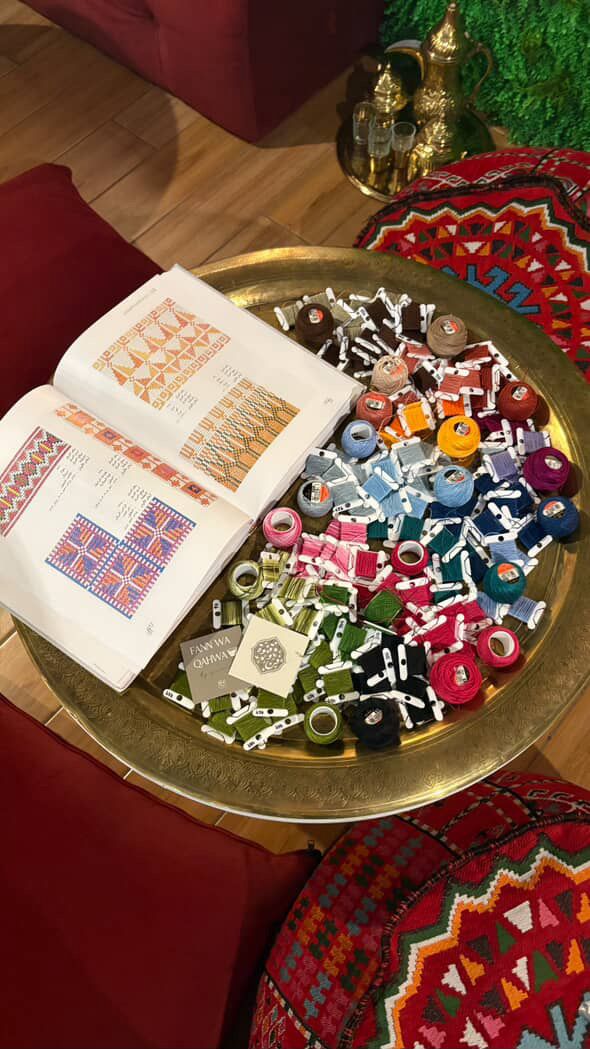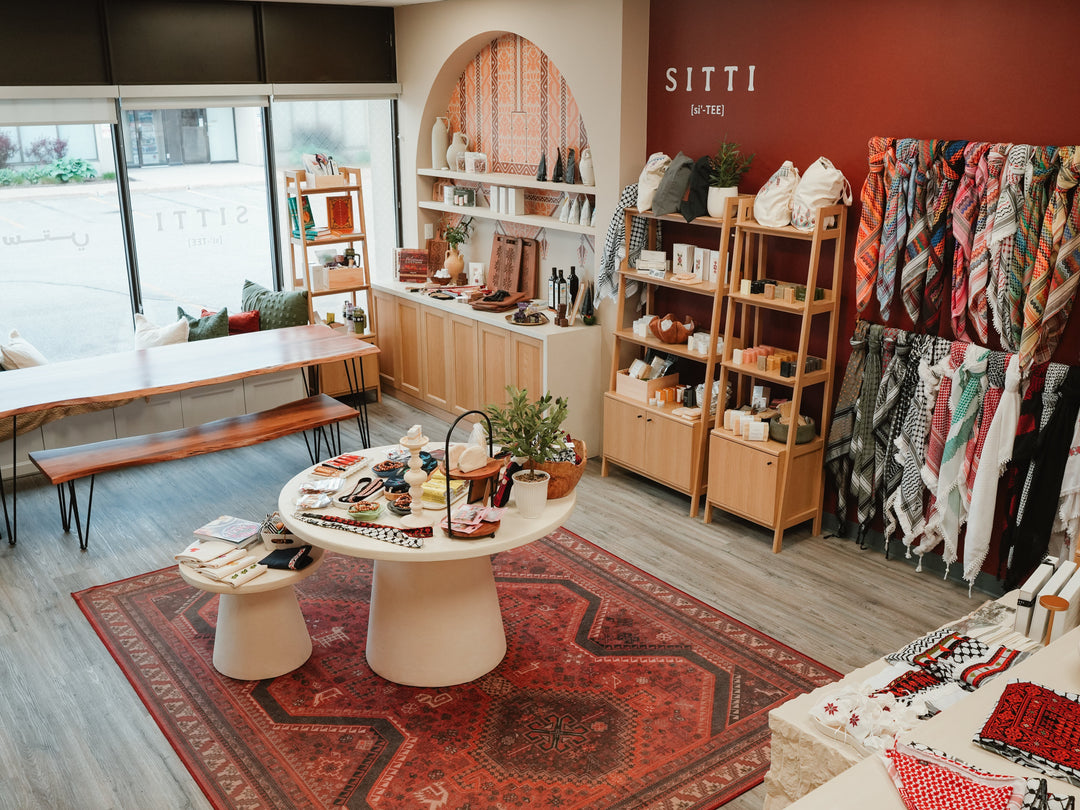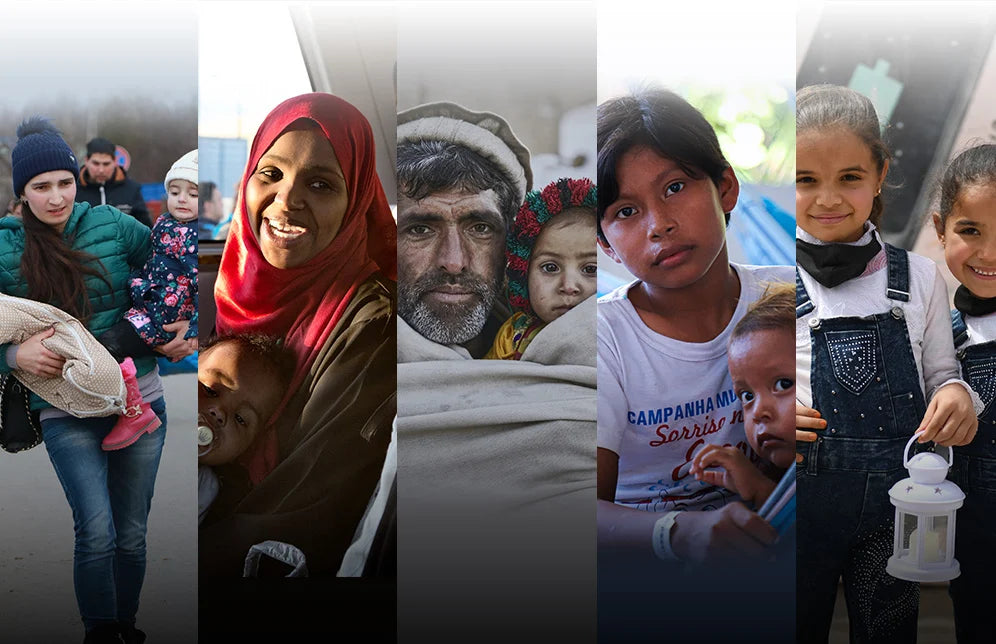Embracing Our Rituals (Part 3) - Olive Oil Soap

One day, we were all sitting around the virtual table talking about what "Sitti" - our company, our community and our products - would be if they were a person. For a lot of our team, Sitti is our grandmother. She is a woman who passes down traditions to her children and grandchildren, in the hopes that they will continue to carry them forward. Then, Safiah said something that made us all take a pause: “She smells of the earth that grows olive trees.”
To Safiah and so many in the Palestinian refugee community, the uses of olive oil soap, as well as the soap-making craft itself, are passed-down traditions and an integral part of their culture. Palestinians stay connected to their heritage through the ritual use of olive oil soap beyond bathing or washing their hands. Some Palestinians believe that a mixture of olive oil soap and an egg-based substance applied to the skin can aid the healing process for fractured bones or joint pain. Our team member, Amna, explained how this mixture is wrapped around the fracture with a clean cloth and left to heal. Another unexpected use of olive oil soap is to polish aluminum!
And of course, the all-natural handcrafted soap is a trusted skincare product for Palestinians. Mineral-rich olive oil hydrates, moisturizes, and cleanses the skin, while at the same time, it is considered an effective treatment for acne, eczema, and dandruff. Some even choose to use it as a hair-care product and for washing purposes because it really is that versatile.
 Photography by Sitti
Photography by Sitti
Some of the earliest recorded olive oil soap production is in Nablus, Palestine almost more than 1000 years ago. Like other traditions such as tatreez, olive oil soap production (more commonly, Nabulsi soap) became an endangered art form under the Second Intifada. Since then, wide scale production has not picked up. The United Nations Office For The Coordination of Humanitarian Affairs stated that an increasing number of checkpoints by Israeli authorities makes it more difficult for Palestinian soap-makers to transport materials and supplies, export their products, and for workers and suppliers to access the factories. The general manager of one of the two remaining factories in Nablus said, “Before 2000, the factory used to produce 600 tones of soap annually,” but they produce “barely half that amount today.”
There is, however, a light at the end of the tunnel. Small advocacy organizations and factories are working to preserve this cultural heritage. One of the oldest existing factories, the Arafat soap factory, is now restored in Nablus and also serves as a Cultural Heritage Enrichment Center.
 Photography by Sitti
Photography by Sitti
In some ways, we consider Sitti a part of this preservation effort. Our method of cold-press olive oil soap making enables us to make soap in small batches, without the need for a constant heat source, while ensuring that each bar is providing the most nutrient-rich and culturally-rich experience possible. Every day our team goes to work, we wash our hands with the same olive oil soap that we then proceed to create. From blending the olive oil, to packaging each bar individually, to the soap in each customer’s soap dish, every bar is a ritual. Every bar is a brick that upholds the tradition.
So, the next time you are getting your favorite Sitti olive oil soap we hope you feel just as connected to our grandmother’s rituals as we do.

This post is part of a series on rituals practiced in the Palestinian refugee community where we work and live. If you'd like to read other posts on rituals, check them out here. Also, check out our Instagram page for more conversations and inspiration around this topic.





Leave a comment